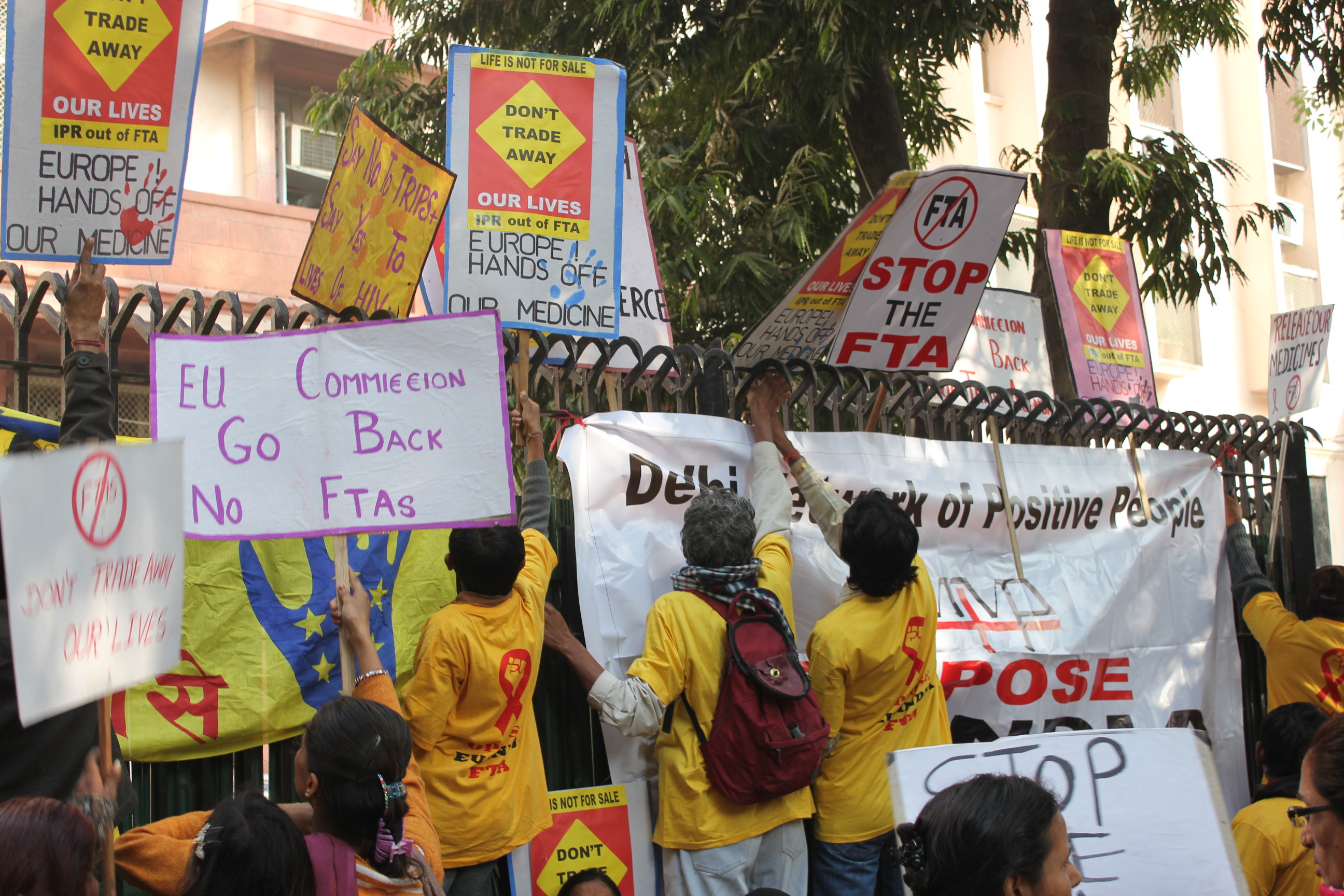Now is the time to scale up cooperation between India and the EU
The Economic Times - 11 August 2019
Now is the time to scale up cooperation between India and the EU
By Henrik Chetan Aspengren & Axel Nordenstam
Both the European Union (EU) and India find themselves in the midst of a changing world order with ambiguous US priorities, increasing Chinese activity across continents, and numerous global challenges. As the results of the elections in India and the elections to the European Parliament have been announced, it is high time for India and the EU to build on the momentum, intensify strategic dialogues, and enhance cooperation.
While the EU as a bloc of member states is India’s largest trading partner, India is important for the EU for economic, political and strategic reasons. More than ever before, there is a will in Brussels and New Delhi to deepen the ties and strengthen cooperation on concrete issues.
The EU is now better prepared to engage strategically with global partners. In 2016, the EU Global Strategy (EUGS), a grand strategy for the EU’s common foreign policy, was adopted. The EUGS reiterated India’s importance to the EU. While the EU is cautious about China’s worldwide activities, the EU is optimistic about India as strategic partner and emerging global power.
An impetuous for further strengthening EU-India relations came with the EU’s Strategy on India adopted in December 2018. The strategy was well-received in India. It underlines that the EU prioritises a long-term engagement with India with joint efforts on issues such as cyber and maritime security, energy and climate, as well as defending the rules-based global order that facilitates security, stability and predictable trade. The strategic document is both a recognition of India as a regional power and partner in a multipolar Asia and a European offer to actively assist in India’s own modernisation efforts. With the new strategy, the EU is well-placed to further its engagements. The question, however, is on which issues the EU and India should develop their cooperation, how engagements should be rated internally, and through which mechanisms dialogue on the issues can be furthered.
In our new report ’The Partnership Shift: Analysing the European Union’s strategic engagement with India’ we are pinpointing possible ways in strengthening the EU-India partnership. Although there are several issues where progress will be slow, we highlight that the EU and India have common interests in accelerating the energy transition towards renewable energy, protecting the rules-based global order, countering terrorism, and promoting maritime and cyber security. We would like to highlight five out of the nine recommendations from the new report:
- Through the European Investment Bank, the EU should increase its financial support to India’s clean energy. The key is the International Solar Alliance since its activities could facilitate both the EU’s and India’s energy transition to renewable energy.
- The EU should seek sector-based trade agreements with India rather than an ambitious free trade agreement. Beginning with an agreement on trade in services, this new approach to trade agreements would strengthen the economic relationship without being trapped in the free trade agreement negotiations albeit signing a free trade agreement is of priority for the EU.
- The EU should upgrade dialogues to strategic dialogues convening stakeholders at many levels: the EU’s High Representative and the Indian Minister of External Affairs, the level of Joint Secretaries, and working group level between Indian ministries and the European External Action Service (EEAS).
- The EU should initiate issue-based trilaterals on issues such as connectivity, development, maritime security etc. The third partner could be African countries, Japan, Singapore, or Australia in a formation like this: EU-India-Japan.
- The EU should invest in public diplomacy to increase the EU’s visibility with digital and traditional presence across India. Spreading information about the EU can facilitate modern interactions between the people in the EU and India – knowledge about each other is pivotal to take the EU-India partnership to the next stage.
At the same time as we are optimistic about the future of EU-India relations, it is important that both the EU and India build a mutual understanding of each other priorities. India’s ongoing efforts to build capacity financially and institutionally are to be encouraged. The EU, on its part, needs to build internal capacity to better understand India’s history, society and political system.
There will be issues where the EU and India in principle are like-minded, but not fully see eye to eye on how the conversation on those issues should be conducted. For example, Europe’s emphasis on political values is of great importance to its foreign policy and will remain so, while India is reluctant to discuss things it considers internal affairs. Yet, questions about freedoms and rights can be discussed in many ways. Since India has ratified the Paris Agreement on climate change and been a promoter of the Sustainable Development Goals, it is also possible for the EU and India to pursue global leadership for an ambitious implementation of Agenda 2030 to which human rights are essential.
As the EU-India strategic partnership is full of win-win solutions, our concluding recommendation to the new Indian government and the EU is to jointly map areas in which to scale up the cooperation.






